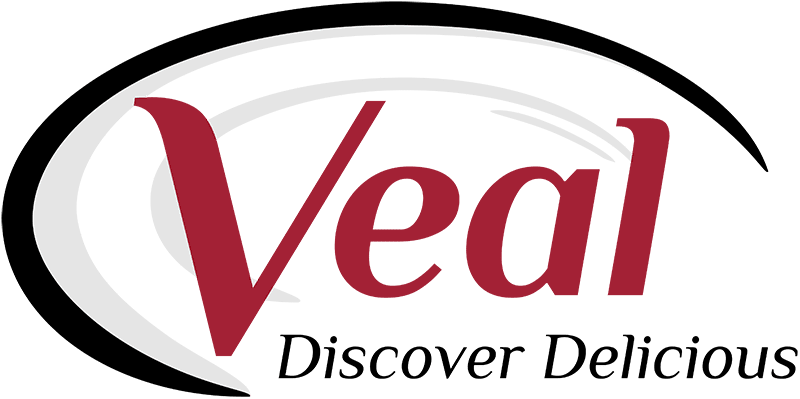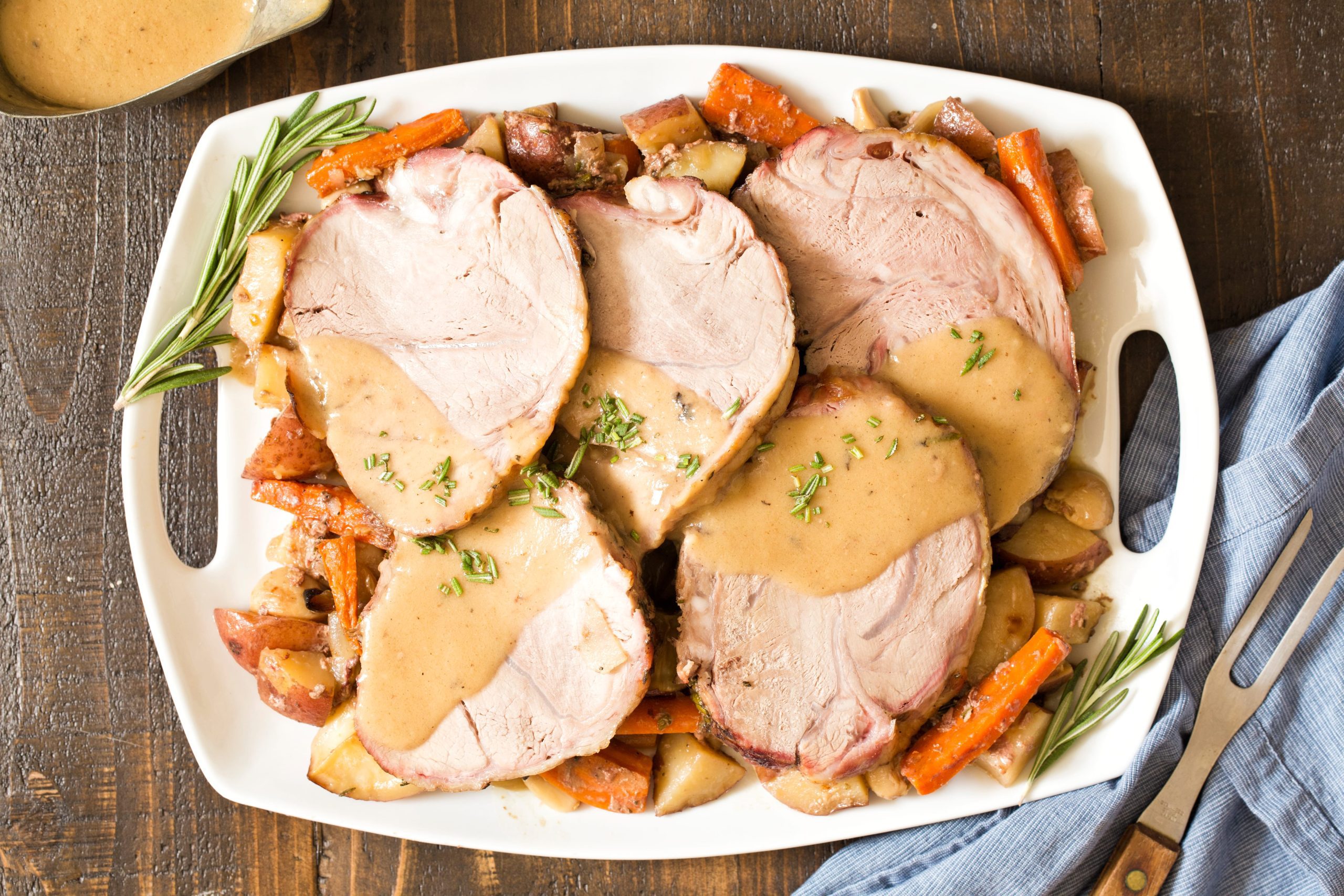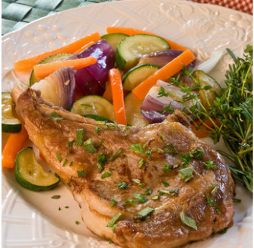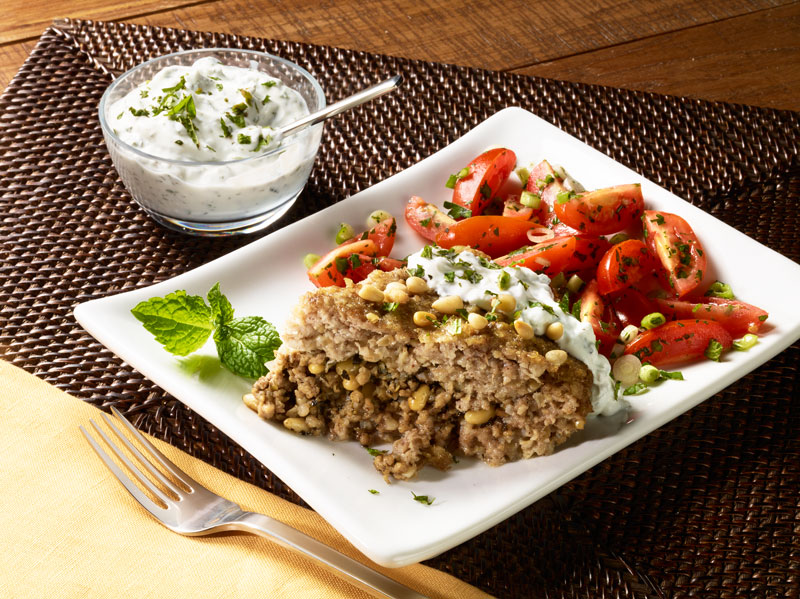April VEAL BLOG
PROMOTIONS
Beef Checkoff Launches New and Improved Veal Made Easy Website. The Meat Institute, on behalf of the Beef Checkoff, unveiled a new consumer and industry-focused Veal Made Easy website that offers a simpler user experience, easy navigation and improved mobile performance. The newly designed website features wellness recipes, trending nutrition topics and preparation and cooking tips. It also offers consumers an easy way to locate veal retailers through the new “Where to Buy Veal” feature. The extensive library of recipes, images and videos have been categorized for easy browsing and organized in a more visually appealing format. View the full website at www.VealMadeEasy.com.
NAMI Conducts Sixth Annual Veal Summit. The Meat Institute, a contractor to the Beef Checkoff, conducted the sixth annual Veal Summit in New York City last week. The Summit convened veal packers, processors, distributors, retail service partners and State Beef Council staff. Attendees received updates on the Fiscal Year (FY) 2019 Veal Promotion and Veal Quality Assurance programs and new food service initiatives. The Summit also provided a forum to receive input on FY 2020 research and promotion efforts and to discuss major issues impacting the veal industry.
Veal Quality Assurance
Veal Farm Website is Refreshed
Come to the Farm – There’s lots to learn is the invitation on the home page of the www.VealFarm.com website and the entire site has been refreshed with new images and copy. The beef checkoff-funded website is designed to help answers questions about how veal is raised today. The updated website shows calves in group pens which is the standard throughout the milk-fed industry in the U.S. Calves have plenty of space to stand up, lay down, turn around, groom themselves and connect with other calves. Numerous questions like, “Are veal calves anemic?” to “Are veal calves raised in crates?” are all addressed on the website. Be sure to promote this website in your social media efforts.
New Videos Available on Veal Farm Website
There are three new videos available on the www.VealFarm.com website. Funded by the beef checkoff, the videos feature veal farmers and industry experts including veterinarian Dr. Marissa Hake, and animal nutritionist, Dr. Sonia Arnold. Keeping calves healthy is the topic of one video featured on the Food Safety page. What do veal calves eat? is answered by Dr. Arnold on the Nutrition page. The third video explains how veal calves are raised and it is featured on the Today’s Veal page. All those in the veal industry are encouraged to share these videos with others who have questions about veal today.
Veal Farm Social Media Graphics
There are several social media graphics on the RESOURCES page on www.VealFarm.com These graphics dispel some of the myths people have about how veal is raised today. Use these graphics in your company, organization and personal social media efforts and be sure to watch this page for further updates. People have a growing interest in how their food is produced, and these graphics invite people to come to the farm to learn more.
Veal Quality Assurance (VQA)
Are you VQA certified? In case you are unsure, please contact donnam@lookeast.com and we will double check the data base. In 2018 the program changed to every three years to be re-certified and that has led to questions for some. We are happy to provide clarification. Packer/processors, are you asking if the milk-fed veal calves you harvest are VQA certified? Please do! That is the strength of this program and providing assurance to veal consumers that the products they purchase are humanely raised in group housing with no tethers. To learn more about the program and access certification materials visit the website.
From New York State Beef Council
New York Hosts First Collegiate Veal Virtual Farm Trip & Recipe Development Competition
“On April 29th the winning team which included students Rose Thompson, Jesse Midgley, Alex Moran and instructor Debbie Schneider were presented a plaque recognizing their accomplishment.”
The competition took place in two stages. First students learned about veal production through a “virtual tour” webinar of Provitello Farms in Elba, NY. The second phase of the competition took place at the students’ school kitchens where students worked together to develop a consumer-friendly veal recipe using ground veal or veal cutlets. Nine recipe submissions were reviewed by a panel of judges and the winning dish was Onondaga County Community College’s recipe for their Southwest Veal Poblano Pepper Bombs. Each winning student was also awarded a $500 scholarship.
From Pennsylvania Beef Council
Veal in the Classroom Virtual Farm Tours
The Pennsylvania Beef Council hosted a virtual farm tour for Family and Consumer Science classrooms across the Commonwealth last fall to a veal farm. Using video conferencing technology students were transported to a veal barn where they viewed calves live and heard from veal producers, a nutritionist and veterinarian. Students had the opportunity to ask the farmers questions during a live Q&A session. 3 classes tuned in live and an additional 16 schools received a recorded version of the trip. In total, 946 students were reached.
Regulatory News
USDA Amends National List for Organic Livestock and Handling. USDA recently published a final rule in the Federal Register amending the National List of Allowed and Prohibited Substances based on public input and November 2017 National Organic Standards Board recommendations for livestock and handling. The rule adds elemental sulfur to the National List for use in organic livestock production and reclassifies potassium acid tartrate from a non-agricultural substance to an agricultural substance and requires handlers to use the organic form when it is commercially available. This rule also corrects amending instructions to ensure proper placement of the regulatory text. The final rule takes effect May 30, 2019.
USDA Announces New Grading and Auditing Fee Rates. USDA’s Agricultural Marketing Service (AMS) announced today new fee rates for meat grading, certification and auditing services. The new rates go into effect October 1, 2019 (Fiscal Year 2020). Annual rates will be published April 30 in a Federal Register notice. The rates are intended to cover costs incurred by AMS to provide these services and to maintain operating reserves for each program as mandated by Congress.
The rate for meat commitment service will increase from $74.00 an hour to $84.00 an hour (scheduled/commitment regular time), and the rate for poultry and shell egg resident service will increase from $52.00 an hour to $62.00 an hour (scheduled/resident regular time). Other rates that change based on those baseline figures (night differential, overtime, etc.) are also adjusted accordingly. The rate for audit services will increase from $108.00 an hour to $115.00 an hour.
FDA Releases Guidance for Companies Recalling Food. The FDA released new draft guidance last week aimed at helping companies better handle voluntary recalls for food and other products. The guidance, titled “Initiation of Voluntary Recalls Under 21 CFR Part 7, Subpart C,” is part of a broader effort to improve recall processes after the Health and Human Services Department’s Office of the Inspector General flagged serious problems about the agency’s system. If finalized, it would establish guidance for industry and FDA staff regarding timely initiation of voluntary recalls of FDA-regulated products. The document focuses on ensuring company personnel are properly trained and that companies have procedure in place for all recalls. It includes recommendations in three key areas: Training, Record Keeping and Procedures, and can be found here.
Guidance is non-binding, but companies often treat it like regulation because it reflects FDA’s thinking. This guidance, according to a statement from the FDA, is the latest step in the agency’s ongoing commitment to working with companies to act quickly to protect consumers from potentially dangerous products. Comments on the draft guidance may be submitted by June 24, 2019.
USDA Announces Improvements to Livestock and Dairy Insurance Programs. USDA’s Risk Management Agency (RMA) announced several enhancements to insurance programs that will provide better coverage for livestock and dairy producers. These changes to the Dairy Revenue Protection (DRP), Livestock Gross Margin (LGM) and Livestock Risk Protection (LRP) programs take effect July 1, 2019. RMA Administrator Martin Barbe said the changes will “strengthen risk management options and provide peace of mind in times of unpredictable market fluctuations.” Details on the program enhancements can be found here.
“Internal links within this document are funded and maintained by the Beef Checkoff. All other outgoing links are to websites maintained by third parties.”
